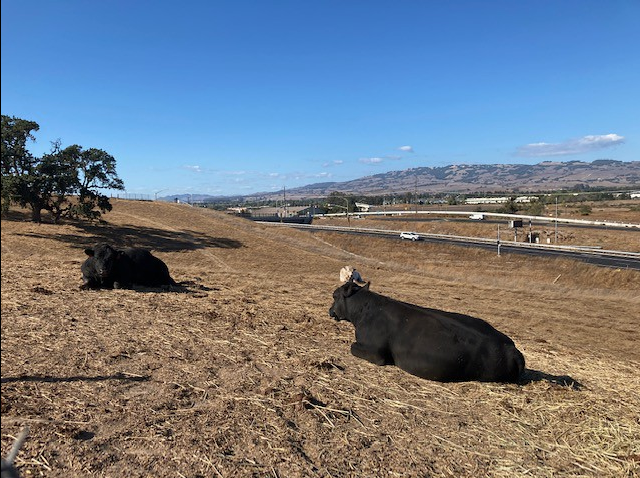On Monday night, Petaluma City council voted 6-1 to move into stage 4 of the water storage contingency plan that scales up the current 25% of water reduction up to 30% of water reduction. Petaluma plans could be indicative of future water-saving plans coming to Sonoma State University and Rohnert Park.
With drought conditions worsening, it is becoming increasingly evident to more students that reductions in water consumption should be discussed on campus.
“I think water restrictions make sense,” says second-year student Aisha Mendonca.
Moving into stage 4 of the water storage contingency plan means more restrictions on the usage of water within Petaluma City limits. These restrictions include watering landscapes from 4-8 a.m. on Tuesdays and Sundays only. Another mandate also restricts where cars can be washed. Cars can no longer be washed at home and only can be washed at commercial facilities. Any violations of the new rules set could result in a fine of up to $1,000 and the shutting off of water to a location.
California entered its fourth drought on record within the last 20 years when the total precipitation dropped from 2020 dropped from 10 inches to 3.39 inches in 2021. The last drought in California began in 2011 and lasted till 2017.
While student expenses, like water, are paid for through tuition, one of the universities’ main focuses comes into question: sustainability. Sustainability is among SSU’s biggest draws to campus as it totes being one of the more environmentally-conscious universities in the California State University system.
The water reclamation project makes it so that campus grounds are watered with recycled water. Reclaimed water is also used in toilets and urinals in Darwin Hall. While these projects do curve water usage, students wonder if it is enough to help combat new drought conditions. Students want the university to be mindful of the drought and how SSU affects the environment, but they also worry that restrictions on water usage will burden students disproportionately.
“Restrictions shouldn’t be severe to the point where students have to constantly be mindful of how much water they’re drinking,” says Mendonca about the possibility of having strict water consumption practices.
While stage 4 of the water storage contingency plan kicks into high gear, Petaluma city officials are also ready to convene in a few weeks to discuss stage 4’s success, or else have to go to stages 5 and 6.
Stages 5 and 6 tout more water conservation through a 5-10% increase in water reduction efforts.
How these water restrictions in Petaluma will affect the university remains to be seen, but students hope that the university will seriously consider how best to implement new water restrictions if Rohnert Park decides to follow Petaluma’s lead.



































